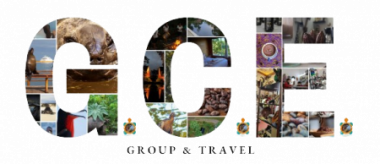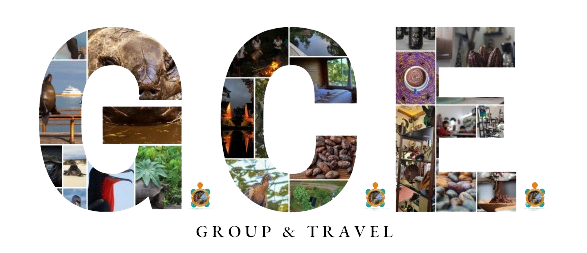Education in Galapagos: The future of an endangered ecosystem
There are many people who want a change in the world and don’t just sit down waiting for others to make it happen. And if we are talking about the future of ecology, Galapagos is the right place to start.
In this Archipelago there are some people and programs that teach children how to take care of their environment to show it as a gift for the later generations to come. Independent though is necessary on this respect, so the teachers who will come to Galapagos should be open-minded, and must have a sense of respect through everything they see –or not.
Education programs
Repetition and memorization are the ways teachers have been taught to make others learn, but that’s becoming a question of past in Galapagos: there are some programs such as Teachers2Teachers-International that seek to end with the segregation of Archipelago from the rest of the world.
Most people do not want to come to Galapagos unless it is for a short visit that could last no more than one, two months. But there are interested people who do want to come and go so easily, at least not before changing a little bit the situation in Galapagos Islands.
Teachers here need to understand that times have changed and we cannot pretend to teach our children as we were taught 20 or 30 years ago. Even 10 years ago, education was far more different than it is now, and this is the biggest challenge for international programs at this place and time.
Teaching on the wild
Galapagos is still a pristine place where animals and people live peacefully without hurting each other. But after all, living inside a World Heritage Site is not an easy task, and every single day brings enormous tasks.
When we see how Galapagos teachers and people in general live, we can understand why most fellows in Galapagos do not feel exactly connected to their ecosystem: their modest houses aren’t exactly planned by architects since they will be expensive, so their houses are hot and do not have an exact definition of eco-friendly. And schools are built almost the same way.
Apart from this fact, most of these people are descendants from merchants or fishermen who taught them to depend on nature to get money and possessions to live better, without thinking of how their actions would affect nature. Besides, people have tough workdays in Galapagos, so there is little time at the end of each day to get in touch with nature.
To improve this part, there are programs such as the above mentioned and Education for Sustainability in Galapagos (ESG) that support the education of teachers, to improve the future of the islands by strengthening people’s bonds with ecology.
Many changes have happened since initiatives like these began. Galapagos Center Expedition wants to show you a new world full of possibilities inside the Archipelago, to see the future with a brighter look!




